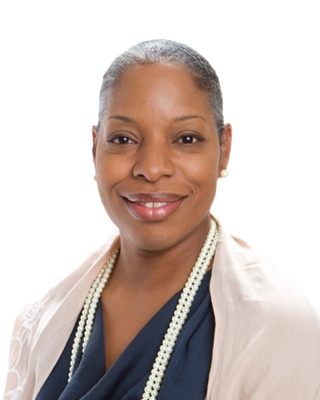I See You
“Hello, how are you?” is inarguably one of the most widespread greetings in Western culture—one that we are all too familiar with. Most people say this phrase so quickly, not even pausing for an authentic reply. And in our fast and furious culture, where we rarely slow down long enough to really get to know the people with whom we interact, enter Hurricane Rona a.k.a COVID-19.
The Zulu people of South Africa seek opportunities to connect, to maintain eye contact, to feel, to listen, and to embrace other people with the intention of authentically engaging with other members of society. Unlike us, they greet one another using the Zulu word Sawubona which means “I see you, you are important to me, and I value you.” It is the way in which they embrace the very soul of another by offering a deeper connection to their humanity, their dignity, their trust.
If nothing else, this work in the various spaces of admissions, high school guidance, mission integration, and coaching track and field at FXW frequently reminds me that schools should encourage young people to take risks while simultaneously examining themselves, their roles and the potential for their voices to shape the world—to be seen. Whether working class, a first-generation immigrant, a person of color, a queer youth, or a host of other experiences, the unspoken undercurrent in this country is all too often that there is no place for their full identities in school, and on a broader spectrum, in society. Students and families should never be put in the situation of prioritizing either school values versus home values or experience their learning community as a place where they feel they must engulf their primary identities or family cultures in order to “succeed” academically and socially.
Whether this happens by design or by default, the result is that too many students in American education experience learning as something as external to who they are and what matters to them. In contrast, it is possible for teachers—those at school and those in the home—to create spaces and experiences for students that allow them to explore social complexities and power dynamics even as they examine and express their own cultural diversity and individuality. And while we clearly possess something special and unique here at FXW, at some juncture we must all enter the discomfort zone of diversity, equity, and inclusion work.
Tomorrow on December 1, Julie Lythcott-Haims—author, former Stanford University Dean, and the first speaker ever featured in our Maggie Daley Speaker Series—will lead a live webinar “What it Means to be Black in White Spaces.” To tune into this prepaid ISACS webinar, follow this link to register (you must register to participate). And one week from today on December 9 at 7 p.m., join the Maggie Daley Speaker Series’ Community Conversation on Race as Dr. Amanda Lewis and Dr. Derrick Gay respond to questions that weigh heavily on the minds of community members. To register for this event, click here. Submit your questions for them here. We genuinely want to see you there. Sawubona.
—Kendall Mallette, Director of Mission Integration

